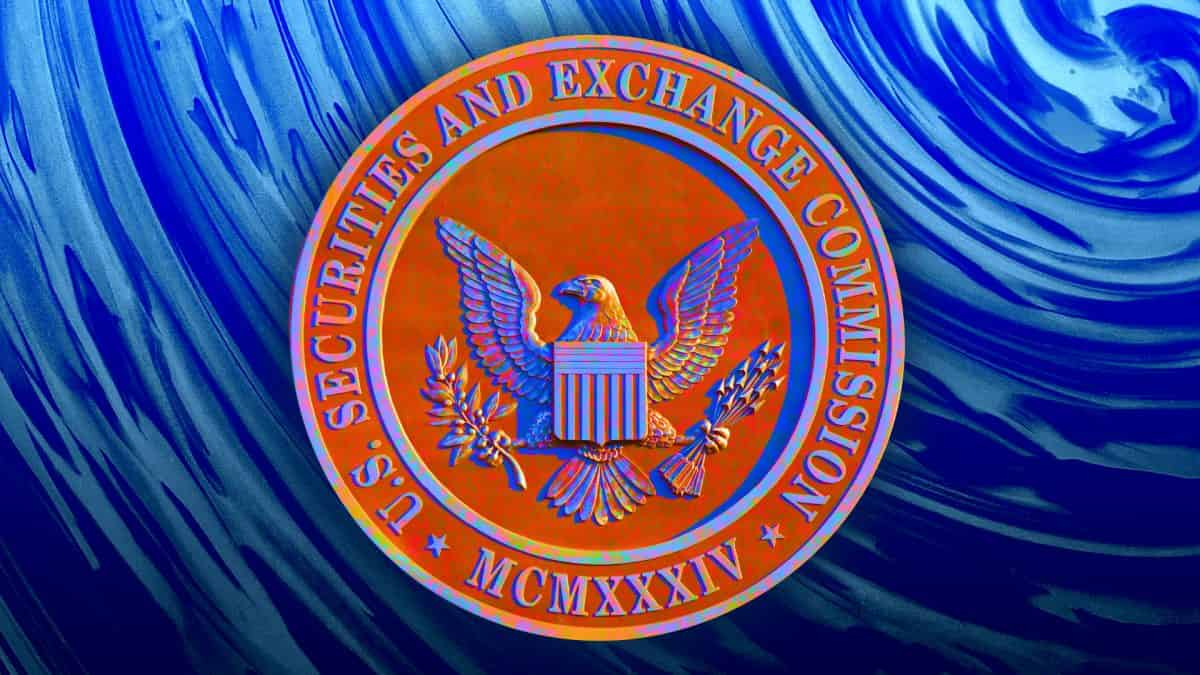TD Cowen says SEC likely to forge on with crypto rules without Democratic commissioners in the new year
Quick Take Following the departures of SEC Chair Gary Gensler and Jaime Lizárraga in January, Commissioner Caroline Crenshaw will be the sole Democrat at the agency. However, Crenshaw’s renomination has faced an uphill battle in the Senate.

Democrats will likely not be at top posts at the U.S. Securities and Exchange Commission, giving way for Republicans to adopt crypto-related rules, according to TD Cowen. That scenario could also be risky, the investment bank noted.
Following elections in November, President-elect Donald Trump has tapped Paul Atkins to chair the SEC. Atkins will lead the agency alongside his fellow Republican commissioners, Hester Peirce and Mark Uyeda. Current Democratic SEC Chair Gary Gensler and Democratic Commissioner Jaime Lizárraga have said they will leave the agency in January.
That leaves current SEC Commissioner Caroline Crenshaw as the sole Democrat. Notably, no more than three commissioners can be in the same political party.
This comes as Crenshaw is facing an uphill battle to be nominated to serve another term. A vote to renominate her was set for last week during a Senate Banking Committee hearing but was delayed due to Republicans blocking the vote, according to the committee's Chair Sen. Sherrod Brown (D-Ohio).
"We believe it is increasingly likely that there will not be any Democrats on the SEC next year," TD Cowen Washington Research Group's Jaret Seiberg wrote in a note on Monday.
Some in the crypto industry have called for Crenshaw's removal, citing her dissent after the approval of spot Bitcoin exchange-traded products earlier this year. In her statement, Crenshaw warned of fraud, manipulation, and the potential for investors to falsely believe they had protections.
The Senate Banking Committee will meet again on Wednesday to vote on Crenshaw's nomination, according to reporting from Punchbowl News.
TD Cowen's Seiberg said an all-Republican commission would help Atkins push forward rules more quickly since Democrats wouldn't delay that process. However, there are also risks to bipartisanship that could affect future crypto regulation, Seiberg said.
"If the rules are viewed as partisan, then a Democratic SEC is more likely to change them," Seiberg said. "By contrast, bipartisan rulemakings likely create a regulatory regime that survives elections. We view that as providing the policy stability that would benefit crypto trading platforms, token issuers and the broader crypto sector."
Disclaimer: The content of this article solely reflects the author's opinion and does not represent the platform in any capacity. This article is not intended to serve as a reference for making investment decisions.
You may also like
New spot margin trading pair — SAHARA/USDT!
SAHARAUSDT now launched for futures trading and trading bots
New spot margin trading pair — H/USDT!
Bitget x BLUM Carnival: Grab a share of 2,635,000 BLUM
